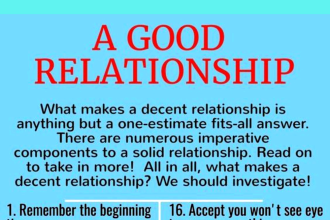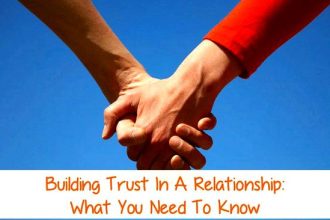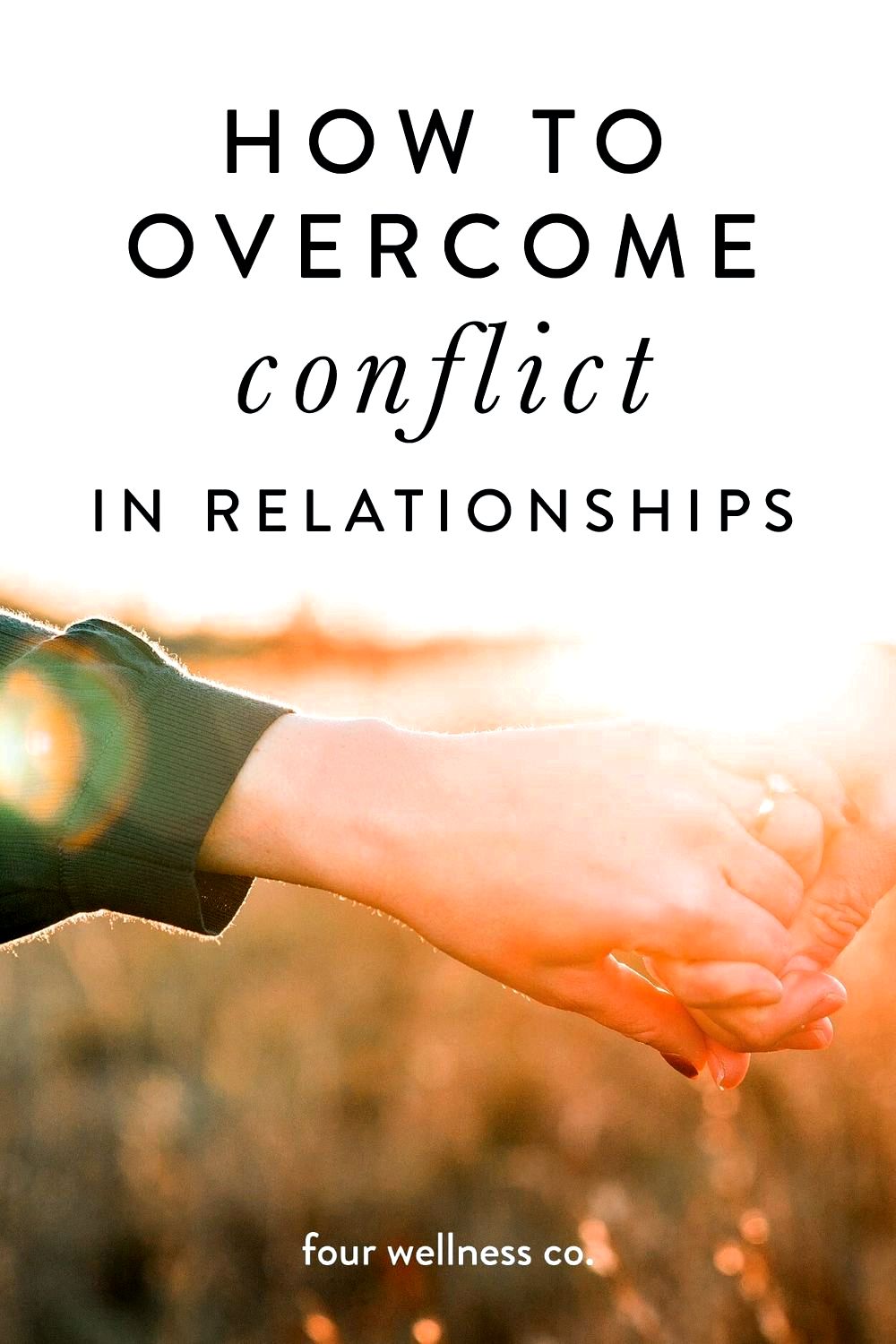The Importance of Communication
Effective communication is key to avoiding conflicts in relationships. When partners are able to openly and honestly express their thoughts, feelings, and needs, they are more likely to resolve conflicts in a healthy way. Communication helps both parties understand each other better, leading to increased empathy and mutual respect.
Every piece of writing, no matter how perfect, can be improved.
Stephen King – Author
By actively listening to each other and seeking to understand the other person’s perspective, couples can prevent misunderstandings and address issues before they escalate into full-blown conflicts. Regular communication also helps maintain a strong emotional connection and fosters intimacy in the relationship.
It is important to communicate not only during times of conflict, but also in everyday interactions. By establishing open lines of communication and making an effort to communicate regularly, couples can build a strong foundation for a healthy and fulfilling relationship. Remember, communication is a two-way street – it requires both partners to actively participate and engage with each other.
Understanding Your Partner’s Perspective
Setting boundaries is crucial in any relationship to avoid conflicts. Boundaries help define what is acceptable behavior and what is not, creating a sense of respect and understanding between partners. When setting boundaries, it is important to communicate openly and honestly with your partner. Clearly state your needs and expectations, and listen to theirs as well.
It is also important to be firm in enforcing boundaries. If a boundary is crossed, address it immediately and assertively. Remember that boundaries are not meant to control or restrict your partner, but to ensure mutual respect and a healthy relationship.
Some examples of boundaries in a relationship include respecting each other’s personal space, communicating openly and honestly, and not tolerating disrespectful behavior. By setting and enforcing boundaries, you can create a strong foundation for a healthy and harmonious relationship.
Managing Emotions
Good writing is clear thinking made visible.
Bill Wheeler – Writer
One of the key aspects of conflict resolution in relationships is managing emotions. It’s important to remember that emotions can run high during conflicts, but it’s crucial to stay calm and composed. When you feel yourself getting angry or upset, take a moment to breathe and collect your thoughts before responding.
Communication is also key when it comes to managing emotions. Express how you feel using “I” statements, such as “I feel hurt when you don’t listen to me.” This can help prevent blaming or accusing the other person, which can escalate the conflict further.
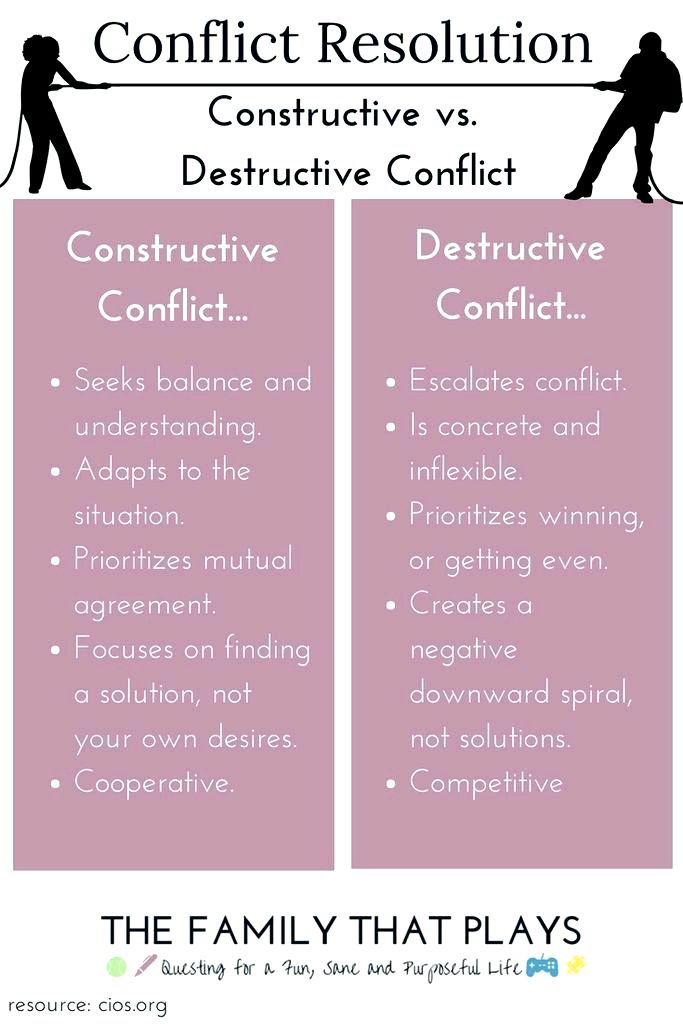
It’s also important to listen actively to your partner’s feelings and perspective. Validate their emotions and show empathy, even if you don’t agree with them. This can help create a sense of understanding and connection, which is essential for resolving conflicts in a healthy way.
Lastly, don’t be afraid to take a break if emotions are running too high. Sometimes, stepping away from the situation for a while can help both parties cool down and approach the conflict with a clearer mind. Remember, managing emotions is an ongoing process, but with practice and patience, you can navigate conflicts in your relationship more effectively.
Seeking Professional Help
When conflicts in a relationship become overwhelming or persistent, seeking professional help can be a beneficial step towards resolution. Relationship counselors or therapists can provide a neutral and supportive environment for both partners to express their feelings and concerns. They can also offer guidance on effective communication skills, conflict management strategies, and tools for improving overall relationship satisfaction.
Professional help can also be useful in addressing underlying issues that may be contributing to conflicts, such as past traumas, individual mental health concerns, or communication styles. A therapist can help partners explore these issues and work towards finding solutions that promote healthier and more fulfilling relationships.
Additionally, seeking professional help can be a proactive approach to preventing conflicts from escalating and becoming more damaging to the relationship. By addressing issues early on with the help of a trained professional, couples can learn how to navigate challenges more effectively and build stronger foundations for their future together.
Overall, seeking professional help for conflict resolution in relationships is a valuable investment in the health and longevity of the partnership. It shows a commitment to growth, self-awareness, and the willingness to work towards a more harmonious and fulfilling connection with your partner.
There is no greater agony than bearing an untold story inside you.
Maya Angelou – Author and poet
Practicing Empathy
One of the key components in successfully resolving conflicts in relationships is practicing empathy. Empathy involves putting yourself in the other person’s shoes and trying to understand their perspective, feelings, and emotions. When you practice empathy, you are able to communicate effectively, show compassion, and build trust with your partner.
To practice empathy, start by actively listening to your partner without interrupting or being judgmental. Reflect back what they are saying to show that you understand and validate their feelings. Try to see the situation from their point of view and acknowledge their emotions, even if you don’t necessarily agree with them.
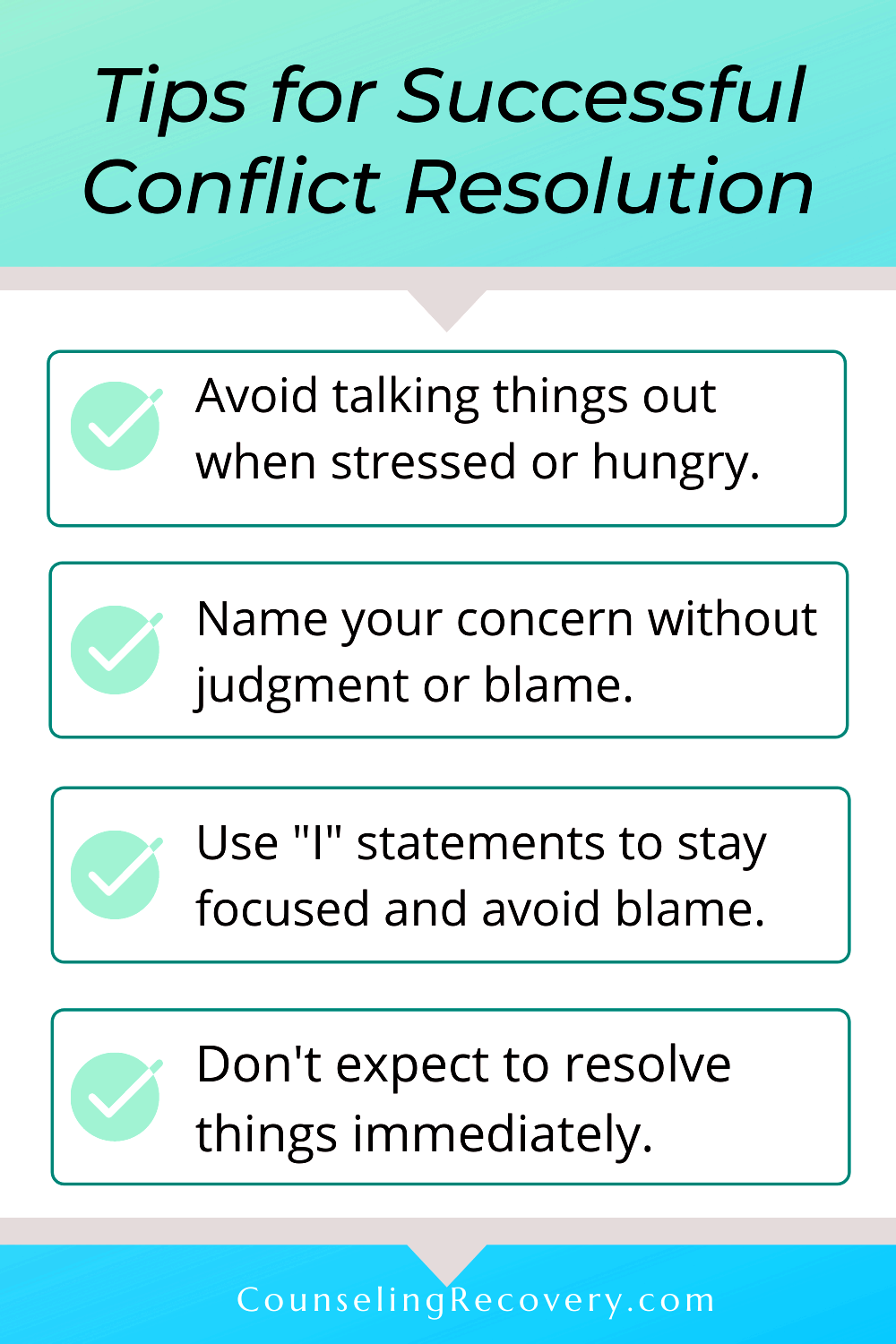
Additionally, pay attention to nonverbal cues such as body language and tone of voice, as these can provide valuable insights into how your partner is feeling. Show empathy by offering support, reassurance, and understanding, and avoid making assumptions or jumping to conclusions.
By practicing empathy in your relationship, you can create a safe and supportive environment where conflicts can be resolved peacefully and constructively. Empathy helps to foster emotional connection, strengthen communication, and promote mutual respect, ultimately leading to a healthier and more fulfilling relationship.

